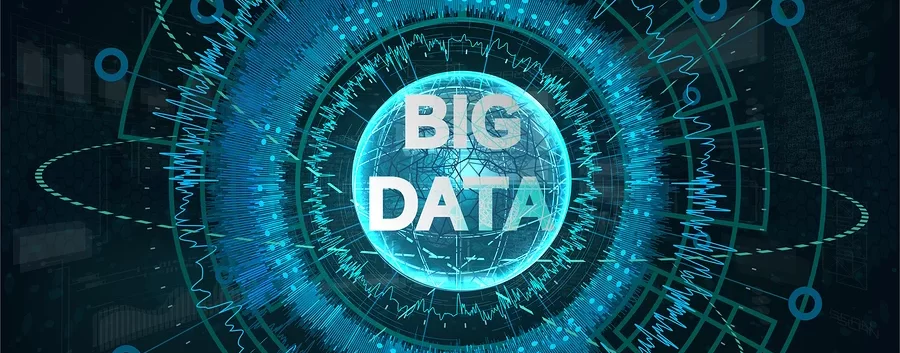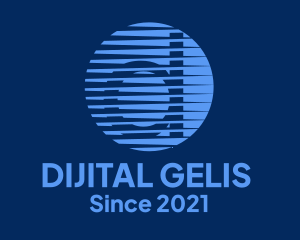Digitalgelis – Best Big Data Analytics Tools

The ever-increasing use of technology has given rise to a stellar rate of data being generated every single second.
As per official reports, every single minute on the Internet has over 400,000 hours of video streaming on Netflix and 45 million messages shared through Whatsapp.
While we all know data is the new fuel in this digital era, what happens to all this Data? Where do you think the entirety of this data is stored? Conventional models of storing and tackling data don’t work anymore. It’s wholly unfeasible and out of the league.
his is where the Big Data analytics tools come into play.
- What is this Big Data Analytics?
- What exactly are these Big Data tools?
- How are they going to resolve these Data issues?
- Are these tools beneficial for Data analysis in any way?
Let’s find out.
What is Big Data Analytics?
Big data analytics is collecting, organizing, and analyzing large data sets that may be structured, semi-structured or unstructured.
The term “Big Data Analytics” is often used by businesses that collect customer data to discover patterns for improved decision-making, business operations, and customer relations.
One of the main challenges in big data analytics is that it can be difficult to process and make sense of such large volumes of data sets.
To overcome this challenge, businesses and individuals use special software tools to filter and organize the data for better analysis.
The term “Big Data Analytics” is often used by businesses that collect customer data to discover patterns for improved decision-making, business operations, and customer relations.
One of the main challenges in big data analytics is that it can be difficult to process and make sense of such large volumes of data sets.
To overcome this challenge, businesses and individuals use special software tools to filter and organize the data for better analysis.
Digitalgelis – DataOps vs DevOps: Which Does Your Business Need

Big Data helps software companies understand which features work in an application and which ones don’t.
It can establish patterns and discover clues on how to adapt a product to the target audience. IT teams have also realized that they can use Big Data to improve application development. This is how DataOps appeared (one of the DevOps models). How are these two practices different? Which one is better – DataOps or DevOps?
DevOps: close collaboration and SDLC automation
The DevOps philosophy brings developers and IT operations together as one team. It offers practices and tools to allow project participants to interact throughout the development process. Continuous contact and mutual assistance eliminate disunity. A team quickly solves problems and releases a product.
DevOps builds a workflow in such a way that the development team creates and releases a working software product as quickly as possible:
